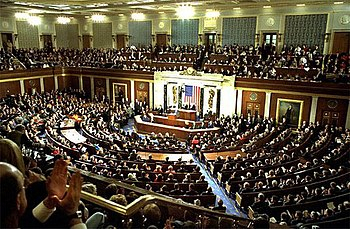The House of Representatives approved the legislation making lynching a federal crime for the first time in the history of the US. The bill is known as The Emmett Till Antilynching Act 410 representatives voted in support of the Bill, whereas only four - including three Republicans and one independent voted against it.
Representatives Louie Gohmert of Texas, Thomas Massie of Kentucky and Ted Yoho of Florida and the chamber's lone independent, Justin Amash of Michigan, did not vote in support of the Bill. After more than 200 attempts to pass the bill and vigorous attempts in this regard in the last two years, the bill was passed by the House of Representatives.
Bill is still awaiting approval from the Senate

It is still awaiting approval from the Senate and it will become an Act only after President Donald Trump signs it. Democrat from Illinois, Bobby Rush, who sponsored the bill said that there is a need to repudiate acts of American terrorism. "It is never too late to repudiate evil and lynching is an American evil," he said.
The bill gets its name from Emmett Till a victim of lynching, who lost his life during a visit to his relatives in Monroe in 1950s. The body of the 14-year-old teenager was found at the Tallahatchie River. Reports claim that at least 4,000 cases of lynching have been reported in the US between the late 1800s and the 1960s. Most of the cases are related to black men in the US.
Bobby Rush decided to sponsor the legislation in 2018
Bobby Rush too was moved by the case of Emmett Till. But decided to sponsor the legislation in 2018, when he heard Rev Jesse Jackson ask him if he was aware of the fact that lynching was not a federal crime in the US. In fact, Emmett Till's incident even affected Rush's family as they shifted from Georgia to Chicago after the tragic incident.
In December 2018, a similar anti-lynching bill was passed by Senate. However, the bill led by Democrat from California, Kamala Harris, failed to gain traction during the legislative session that year. Thus Harris introduced the bill again in February 2019. But the Senate is yet to take a vote on it.








